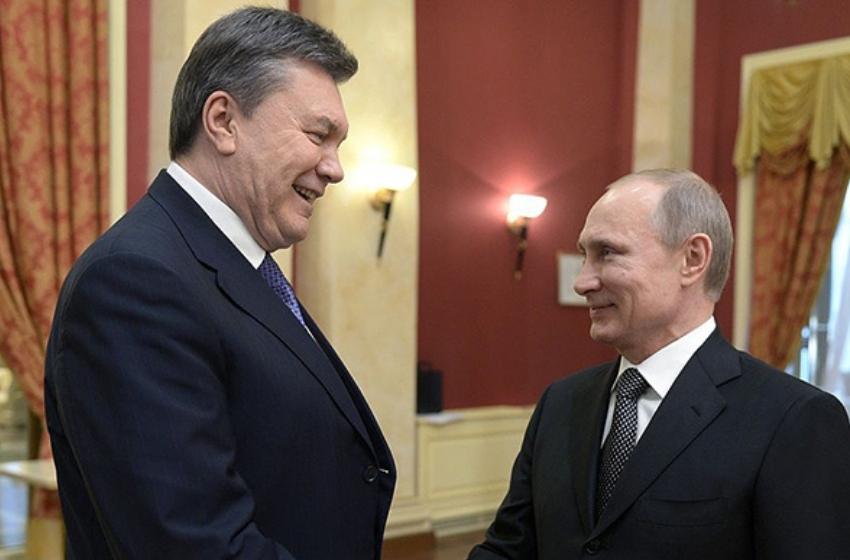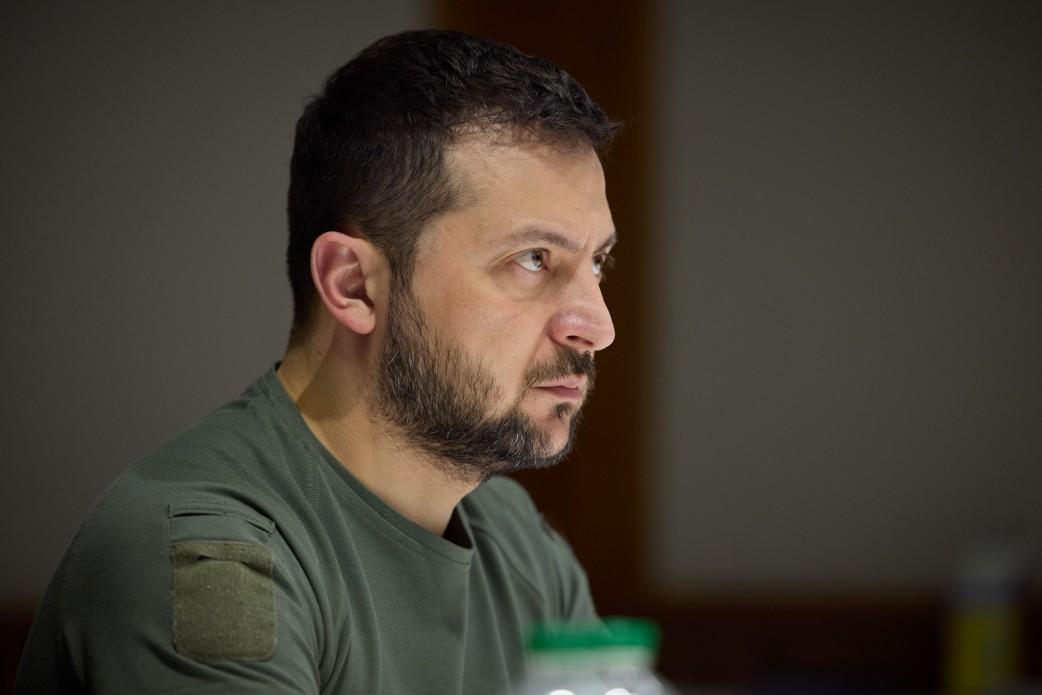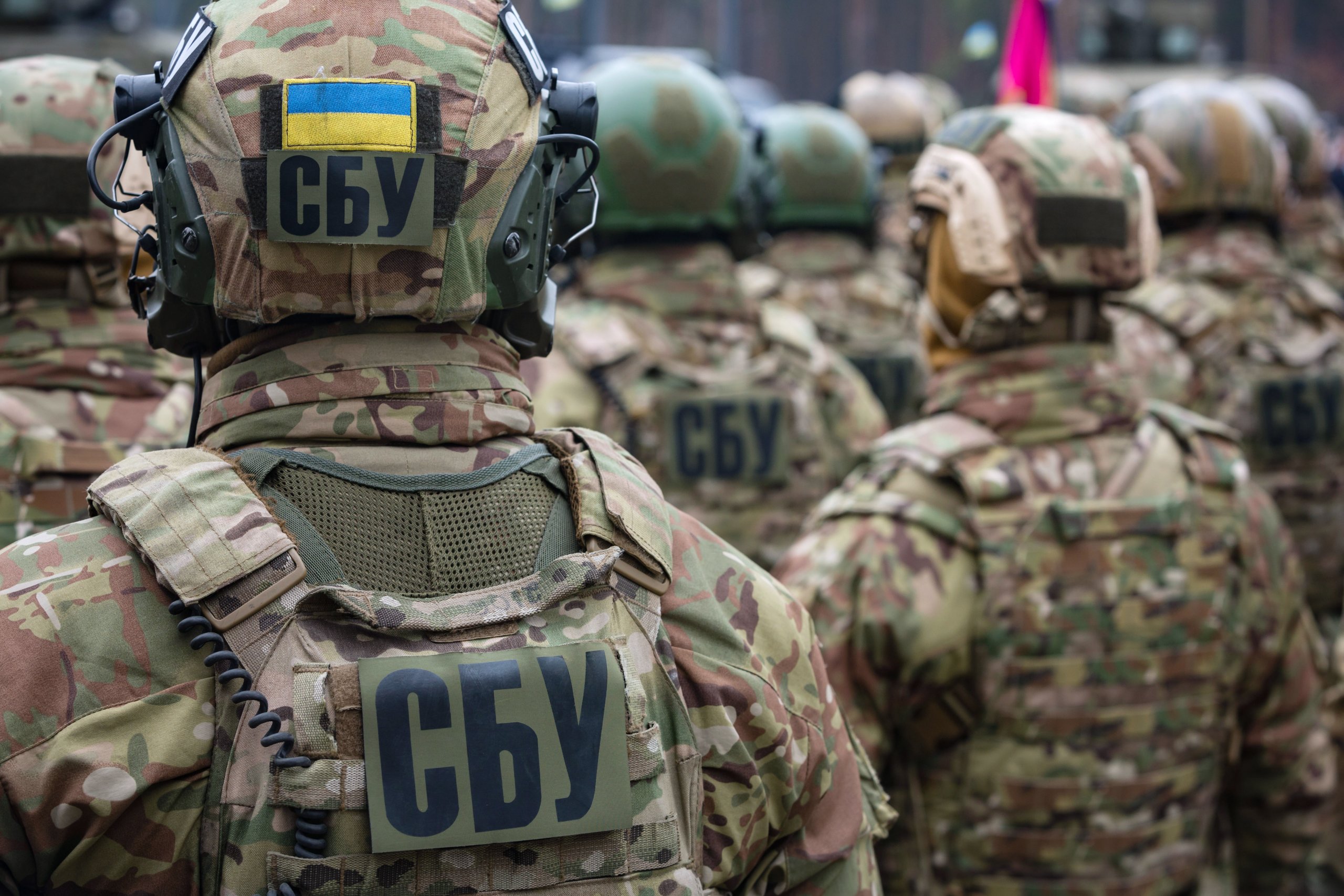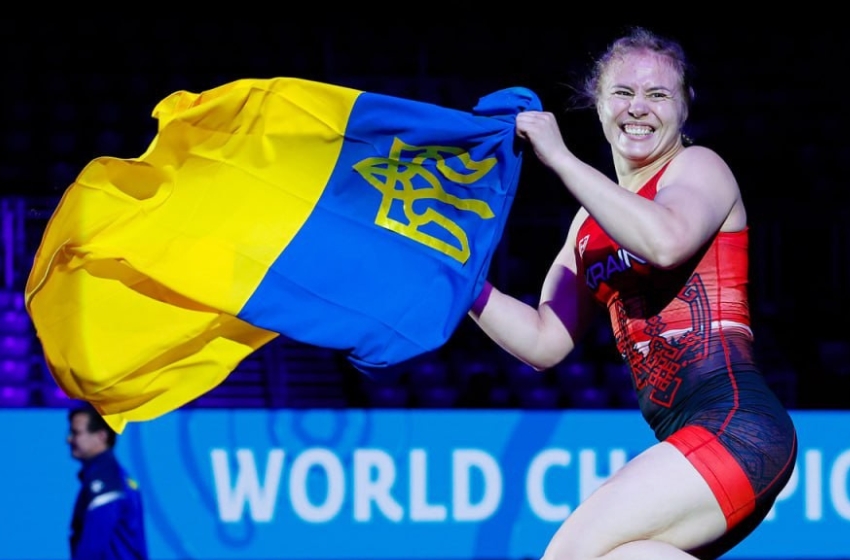The United Kingdom will impose sanctions on 100 oil tankers from Russia’s "shadow fleet," aiming to increase pressure on Moscow in its conflict with Ukraine. According to the office of Prime Minister Keir Starmer, these sanctions will be the largest package of measures to date. Sanctions have also been applied to the leadership of 2Rivers Group (formerly Coral Energy Group), a company linked to Russia’s "shadow fleet." The individuals sanctioned include Azerbaijani nationals Tahir Garaev, Ahmed Kerimov, Anar Madatli, Talat Safarov, and Etibar Eyub. Among the legal entities on the sanctions list are the insurance company "Soglasie" and the firms Nord Axis, BX Energy, and Romarine. The UK government stated, "Today's actions once again demonstrate that those who help finance Putin’s war machine have nowhere to hide."
German Chancellor Friedrich Merz warned Russia of new sanctions if it does not agree to a long-term ceasefire in Ukraine and peace talks.
As part of the 17th sanctions package against Russia, the European Union is considering sanctions against individuals involved in the use of chemical weapons in Ukraine. The European Commission's proposal includes a list of 15 individuals and entities connected to Russia’s hybrid threats, as well as those suspected of using chemical weapons in Ukraine. A third set of measures is also being discussed, which would add 25 individuals and entities suspected of human rights violations to the sanctions list. Additionally, the EU may add the Russian oil company Surgutneftegaz to the list, following sanctions imposed by the US in January as part of extensive measures against Russia’s energy trade.
Lithuanian Foreign Minister Kęstutis Budrys has called for discussions on the 18th sanctions package, which should include energy companies.
"Already, understanding that May is dedicated to the 17th package, we should also talk about the 18th package and finally include the major energy companies," stated the Lithuanian foreign minister.
Finland has proposed tariffs on all goods imported from Russia to the European Union. Finnish Foreign Minister Elina Valtonen said this initiative could work alongside existing EU sanctions and does not require unanimous support from all 27 member states.
"If some of the sanctions lose their effectiveness in the future, or whatever happens, we will still have these tariffs," Valtonen noted.
Belgian Foreign Minister Had Maxime Prévot stated that his country is ready to help form an international coalition to hold Russian assets blocked abroad.
EU Foreign Ministers welcomed the completion of technical work on legal tools needed to establish a Special Tribunal for Russia’s aggression against Ukraine within the framework of the Council of Europe.
"Without aggression, there would be no war crimes committed in Ukraine," EU Foreign Policy Chief Josep Borrell said. EU High Representative for Foreign Affairs and Security Policy, Kaja Kallas, also emphasized that aggression is a "leadership crime," holding leaders accountable for their actions.
She noted that the existing evidence suggests that the Special Tribunal could make rapid decisions, and it is expected to start working next year. She called on countries that share the principles of the UN Charter to join in creating the Special Tribunal.
Secretary General of the Council of Europe, Alena Berse, urged countries to provide adequate support for the functioning of the future Special Tribunal. "We are laying the groundwork for a Special Tribunal on the crime of aggression against Ukraine. This is the moment for countries to continue implementing the political will they have shown today. Justice also needs resources. Funding must be secured, and the necessary support must be provided for the tribunal to function," Berse emphasized.
Dutch Prime Minister Dick Schoof sees risks that Russia may start a war against Northern European countries in a few years and believes it is important to prepare for this scenario.
Russia may enter into a military conflict with NATO countries within a year after the war in Ukraine ends, stated the director of the Dutch Military Intelligence Agency MIVD, Vice Admiral Peter Rissink.
China has no intention of joining Russia in the "fight against neo-Nazism" and does not comment on Putin's statements that the two countries are allegedly jointly countering "modern manifestations of Nazism," said Chinese Foreign Ministry spokesman Lin Jian.
German Federal President Frank-Walter Steinmeier, in a speech at the Bundestag on the 80th anniversary of Victory Day over Nazism, accused Russia of "historical lies." During the speech, Steinmeier mentioned Russia’s aggression against Ukraine, saying that the Kremlin spreads "historical lies" when claiming that its war against Ukraine is a "continuation of the fight against fascism."
"Putin’s aggressive war, his assault on a free, democratic country, has nothing to do with the fight against the Nazi tyrannical regime during World War II," Steinmeier emphasized.
Lithuanian President Gitanas Nausėda sharply condemned the celebration of May 9 in Moscow, calling it an attempt to cover up Russia’s aggressive policy. He believes that such ceremonies are propaganda shows aimed at justifying Russia's crimes, particularly in light of the war in Ukraine.
US Ambassador to Moscow Lynne Tracy did not attend the "Victory Day" parade held on May 9.
In the first four months of 2025, Russia's federal budget is in critical condition, with its deficit rising by 183% compared to the same period last year. The main factors behind this decline were reduced revenues from energy exports and significant spending on defense and economic support under sanctions. Analysts note that revenues from oil and gas fell by 12% just in April, while the total profit of Russian companies is also declining.
Russia is facing a potato crisis. The price Russians pay for potatoes has skyrocketed to a record level, increasing by nearly 50% this year alone. This marks the largest price increase among all tracked food products. This came after nearly a doubling of potato prices in 2024.
Cabbage prices in Russia have also increased significantly, by 42%, while beets have become 33% more expensive, and onions have risen by a quarter.
In Russia, prices for goods from India are expected to rise, including mobile phones, computers, medicines, tea, coffee, and whiskey, while imports from Pakistan are also forecast to increase, including shirts, branded jeans, and agricultural products.
The highest shortage of labor is in Omsk region, Russia. The most significant gap is in healthcare, with only 0.7 resumes for each medical vacancy. Besides doctors, professions in demand include street cleaners, real estate agents, chefs, bakers, and confectioners. There is also a high demand for turners, milling machine operators, grinders, pharmacists, and zootechnicians.
The government's "plans" are not resolving Russia's demographic crisis. The country's total fertility rate stands at 1.4 (to maintain and grow the population, it needs to be over 2). Therefore, Russia is expected to lose 10 million people by 2050.
The Russian Orthodox Church stated that those opposing the war are supporters of the Antichrist.
Latvia's parliament approved, in its second reading, amendments to the national security law, which will prohibit citizens of Russia and Belarus from working in or providing services to critical infrastructure.
In mid-April, Belarusian Railways proposed resuming passenger rail services with Poland, Lithuania, and Latvia. The Polish Ministry of the Interior and Administration stated that "the resumption of this connection depends on Belarus’s behavior towards Poles in Belarus, the technical security of the state border, and the reduction of the threat of mass migration, including the cessation of attacks and provocations by Belarusian services."
Lithuania is sending additional military forces to the border with Belarus in response to the increasing number of illegal migrants attempting to cross from the neighboring country.
Human Rights Watch called on the International Labour Organization to focus on the repression of Belarusian businesses, employers, and workers.
Due to the economy being managed manually by the Lukashenko regime, Belaruskaliy is forced to sell fertilizers on the domestic market below cost. As a result, the company has lost more than 1.2 billion Belarusian rubles over the past eight years.
The loss of traditional markets and increasing costs for alternative logistics have affected Belarus's export, which has not recovered to pre-sanction levels. In 2024, Belarus exported 5.7 million tons of oil products to Russia by rail, almost 25% less than in 2023. The largest decline was in diesel fuel (down 58%, to 1 million tons) and gasoline (down 13%, to 2.3 million). Previously, Belarus exported almost twice as much — up to 11 million tons of oil products, which went through the Baltic countries and Ukraine.
In April 2025, Belarus sold 3,859 new passenger cars, 9.9% fewer than in March (4,281).
The Belarusian Prosecutor's Office proposes engaging juvenile offenders in labor activities, citing an alleged rise in juvenile delinquency. In reality, this is part of the regime's response to a severe shortage of the workforce





















